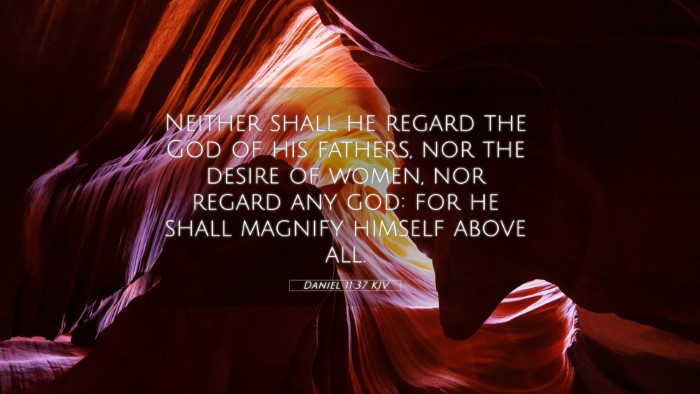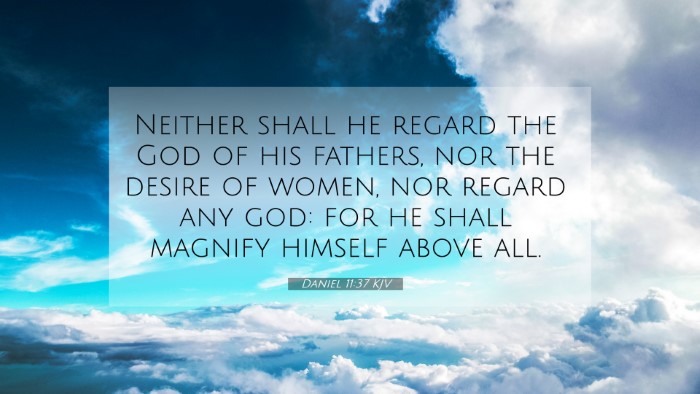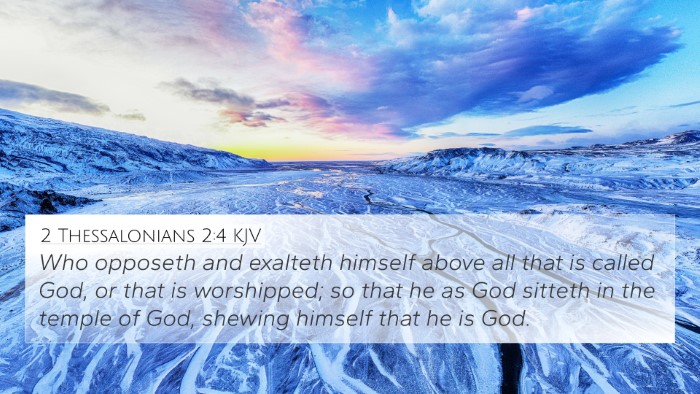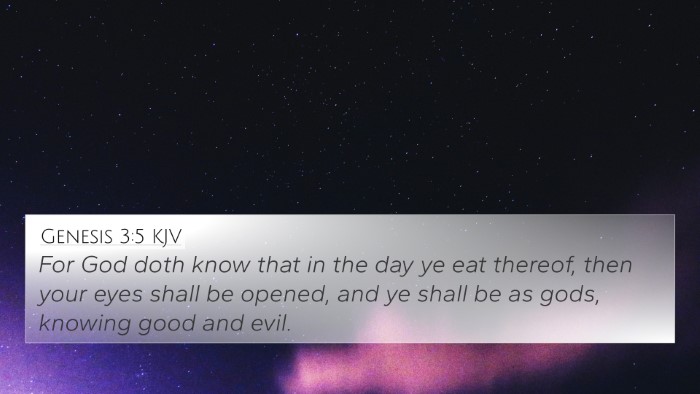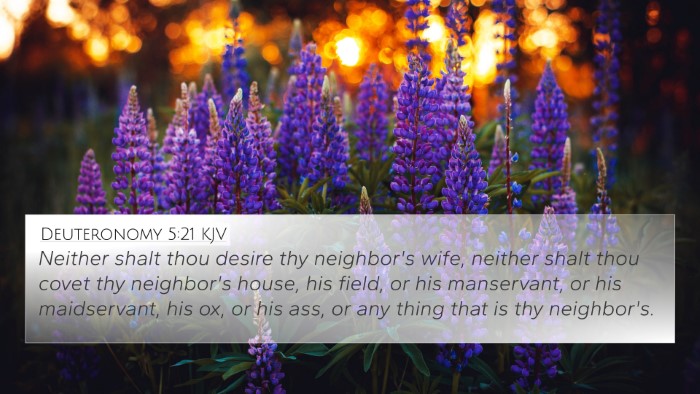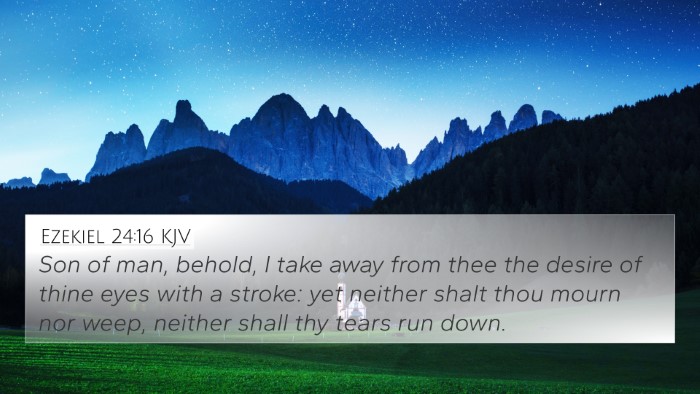Understanding Daniel 11:37
Verse Context: Daniel 11:37 states: "Neither shall he regard the God of his fathers, nor the desire of women, nor regard any god: for he shall magnify himself above all." This verse speaks of a leader or king known for his extreme pride and rejection of traditional values and deities.
Commentary Insights
This passage has garnered attention for its prophetic significance and psychological insights into the nature of power and the behaviors exhibited by those in leadership roles. Key commentary perspectives include:
- Matthew Henry: He suggests that this ruler’s rejection of the God of his fathers illustrates a complete departure from the faith and traditions that shaped his identity. This reflects a broader trend where leaders increasingly prioritize personal ambition over communal and familial obligations.
- Albert Barnes: Barnes emphasizes the implications of not honoring "the desire of women." He interprets this as indicating that the king will abandon personal relationships or concerns for personal connections, focusing instead on his own authority and dominance.
- Adam Clarke: Clarke points out that this ruler will exalt himself above all deities, marking a significant shift from spiritual reverence to absolute self-worship. Clarke also makes connections to how this attitude can manifest in contemporary leadership.
Thematic Connections
The themes of Daniel 11:37 resonate across various scripture passages, prompting deeper exploration through cross-referencing. Here are some thematic connections:
- 2 Thessalonians 2:4: "Who opposes and exalts himself above all that is called God..." This connects to the theme of self-exaltation seen in Daniel 11:37.
- Isaiah 14:13-14: "For you have said in your heart: I will ascend to heaven; I will exalt my throne above the stars of God..." This passage echoes the pride and ambition of the ruler in Daniel.
- Revelation 13:5-6: "And there was given unto him a mouth speaking great things and blasphemies..." highlighting similar characteristics in prophetic literature.
- Psalm 10:4: "The wicked, through the pride of his countenance, will not seek after God..." illustrates the mindset of those who exalt themselves above God.
- Proverbs 16:18: "Pride goeth before destruction, and a haughty spirit before a fall," reinforces the consequences of such arrogance.
- Matthew 23:12: "And whosoever shall exalt himself shall be abased..." emphasizes the biblical principle of humility.
- 1 John 2:16: "For all that is in the world, the lust of the flesh, and the lust of the eyes, and the pride of life..." connects to the worldly desires the leader disregards.
Practical Application of Cross-Referencing
The practice of cross-referencing within scripture offers tools for deeper understanding:
- Identifying Connections: By linking verses from both the Old and New Testament, readers can discern thematic parallels that enrich their biblical knowledge.
- Comprehensive Bible Cross-Reference Materials: Utilizing tools like concordances can help find relevant scriptures that connect ideologically or narratively.
- Cross-Reference Bible Study: Engaging with related verses during study sessions encourages a holistic view of biblical teachings.
Conclusion
Understanding Daniel 11:37 requires a thoughtful examination of pride, leadership, and disregard for divine authority, as illuminated through public domain commentaries. By reflecting on cross-references, one can better grasp how these themes resonate throughout scripture, enhancing personal study and collective discussion.
Cross-Referencing Summary: Daniel 11:37 serves as a potent reminder of the dangers of self-exaltation and the importance of aligning oneself with divine principles. The thematic connections and parallels drawn in scriptures help believers to navigate complex spiritual landscapes while emphasizing the need for humility.

